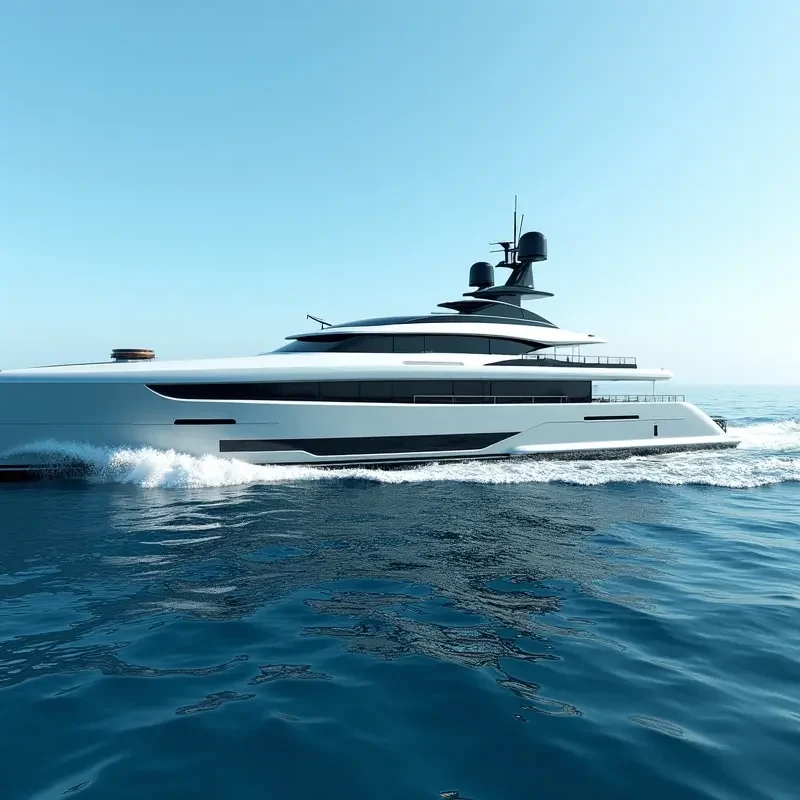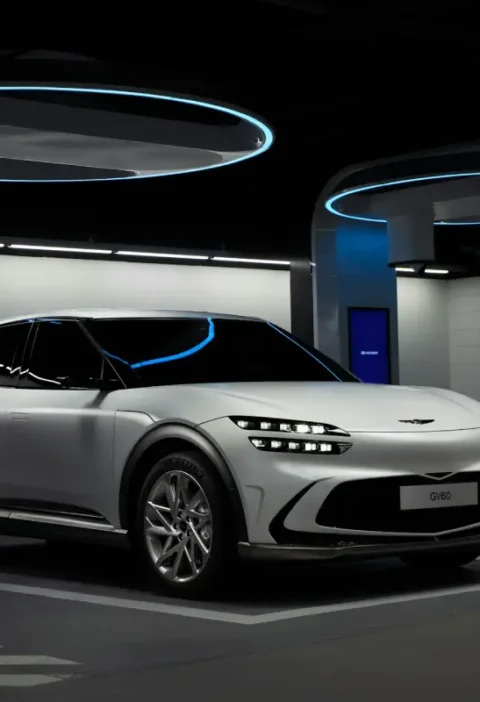The yachting world is transforming, as eco-friendly innovations redefine what it means to enjoy luxury at sea. Yachts are no longer just floating status symbols; they are fast becoming a platform for cutting-edge sustainable technologies.
This revolution, evident across everything from materials to propulsion, is motivated by a desire to conserve the ocean and a growing awareness among yachting enthusiasts. For those seeking the ultimate luxury yacht experience, new advances mean you can indulge in elegance while minimizing your ecological footprint.
The fusion of comfort with conscience represents a sea change in the industry. Builders and designers are now prioritizing energy-efficient systems, renewable energy integration, and eco-minded waste management, ensuring that even the pursuit of adventure can be undertaken responsibly. This evolution enhances the pleasure of life on board and ensures the preservation of pristine marine environments for generations to come.
As demand grows for responsible cruising, yacht manufacturers are responding by integrating advanced technologies that lower emissions, reduce noise, and utilize recycled or sustainably sourced elements. These changes aren’t just appealing to owners; they are setting the benchmark for the global boating industry. By embracing these forward-looking solutions, the sector is charting a new, greener course that places equal value on luxury and legacy.
With environmental regulations tightening worldwide, innovative yacht builders are rising to the challenge, blending green credentials with uncompromising performance and design. This marks the dawn of a new era for yachting, where eco-friendly advancements are not an exception but the standard.
Sustainable Materials in Yacht Construction
Yacht construction is evolving quickly as builders search for ways to reduce their environmental impact. Innovative materials like basalt fiber and recycled PET foam are becoming staples, prized for their durability and light weight.
An excellent example is the Windelo 54, which uses an eco-composite blend to reduce its ecological footprint while maintaining the high performance and luxury expected by owners. This approach is gradually shifting industry norms, with more shipyards investing in the research and development of sustainable alternatives to classic fiberglass and wood.
Another promising trend is sourcing responsibly managed teak alternatives or reclaimed wood for decks and interiors, further minimizing pressure on endangered forests. The move toward eco-composites also opens the door for creative, modular designs that facilitate recycling at the end of a vessel’s life cycle. Industry organizations like the International Maritime Organization (IMO) and the European Boating Industry are closely watching these developments as benchmarks for responsible luxury yachting.
Hybrid and Electric Propulsion Systems
Hybrid and electric propulsion represents a monumental leap forward in making yachting cleaner. Yachts like the Silent 55 lead the charge, demonstrating that solar-electric propulsion can deliver powerful, near-silent cruising with zero emissions. These systems combine lithium battery banks, solar panels, and advanced motor technology, making it possible to explore sensitive marine parks and coastal areas without disturbing local wildlife with noise or exhaust.
Hybrid systems also optimize performance by switching between electric propulsion for quiet cruising and traditional engines for higher speeds or longer distances—an essential balance for blue-water voyaging.
Reducing reliance on diesel and gasoline cuts emissions dramatically and decreases maintenance requirements and operational costs over time. By integrating these systems, yacht owners directly contribute to the fight against ocean acidification and air pollution. The increasing adoption of these propulsion solutions signals a promising direction toward widespread sustainable boating practices.
Integration of Renewable Energy Sources
Harnessing renewable energy aboard is another crucial step in minimizing the environmental impact of luxury yachting. Solar panels and wind turbines are becoming more unobtrusive and efficient, seamlessly blending with modern yacht profiles and forming part of the vessel’s structural components. Innovative designs such as the Sunreef 60 Power Eco use solar panels elegantly integrated into the hull and superstructure to generate clean energy for propulsion, hotel systems, and amenities.
Wind turbines and hydro-generators are also increasingly adopted on expedition and long-range cruising yachts, providing renewable energy even in lower-light or overcast conditions. Efficient storage of this green energy via next-generation lithium or solid-state batteries allows yachtsmen to enjoy extended voyages without the need to refuel—freeing them to savor remote, unspoiled waters without leaving a trace.
AI and Automation for Energy Efficiency
With artificial intelligence making waves across multiple sectors, its application on yachts revolutionizes onboard energy management. AI-driven propulsion and navigation systems calculate the most efficient routes, adjusting for real-time sea state, wind, and current patterns to optimize fuel use.
Automated systems manage lighting, climate control, and power distribution, ensuring that energy is only consumed when and where it is needed. The maritime AI industry is on track to surpass $1.2 billion by 2024, with much of that growth attributed to these energy-saving applications.
Advanced Waste Management Systems
Responsible waste management is central to protecting fragile marine ecosystems. Modern yachts now feature advanced water treatment plants, converting seawater into potable water and cleansing wastewater to adhere to strict international pollution standards.
Innovative waste sorting and compacting systems reduce the volume of waste returned to shore and prevent harmful contaminants from entering the ocean. In this new era, luxury includes the peace of mind that comes from knowing your time at sea leaves no negative mark on the environment.
Case Studies: Leading Eco-Friendly Yachts
- Sunreef 60 Power Eco: This standout catamaran showcases integrated solar technology, silent cruising capability, and reduced reliance on fossil fuels without sacrificing comfort or performance.
- Rossinavi’s “Seawolf X” Hybrid-Electric Catamaran: Launched in 2024, “Seawolf X” features hybrid propulsion and innovative, low-impact construction materials, with a design inspired by the harmony of the seas.
- Azimut Benetti’s Seadeck Series: These luxury yachts employ hybrid engines, highly efficient hull designs, and state-of-the-art recycling and waste reduction amenities as standard.
Future Trends in Sustainable Yachting
The next big leap in sustainable yachting will likely come from hydrogen fuel cell technology. The IMOCA 60 “OceansLab” is one of the first yachts to test hydrogen as a primary onboard energy source, setting the pace for the entire industry.
Meanwhile, AI automation continues to expand—allowing for more autonomous operations, optimized routing, and safer navigation. The industry is expected to see a broader rollout of circular economy principles, encouraging the use of upcycled components and more innovative end-of-life recycling protocols.
Eco-friendly yachting is evolving from a niche to the norm, driven by innovation, customer demand, and regulatory requirements. As these solutions become more widely adopted, luxury yachting will not only remain opulent but also become a model for environmental stewardship on the water.







